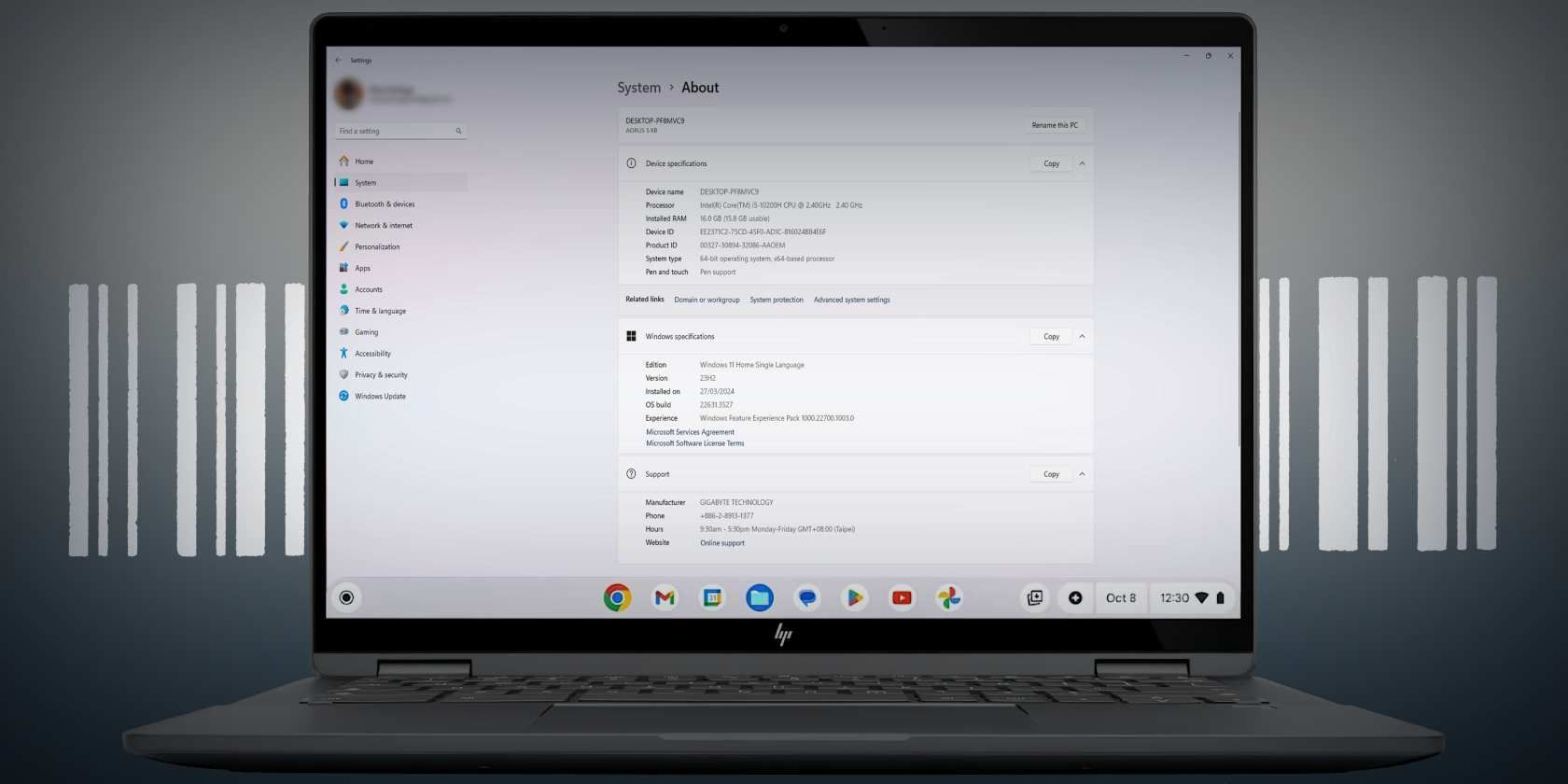
Unlocking the Secrets of Punycode for Enhanced SEO Performance - Detailed Insights & Strategies

Unlocking the Secrets of Punycode for Enhanced SEO Performance - Detailed Insights & Strategies
Disclaimer: This post includes affiliate links
If you click on a link and make a purchase, I may receive a commission at no extra cost to you.
Punycode
Contents
- Definition
- Punycode vs. Unicode
- How Punycode works
- Examples
- Сonverting non-ASCII domain names to Punycode
- Related links
- References
Definition
Punycode is a encoding syntax that is used to represent Unicode characters in the ASCII character set[1] . It is primarily used for converting non-ASCII domain names to ASCII for use on the Internet.
Punycode vs. Unicode
Unicode is a character encoding standard that is used to represent characters from a wide variety of scripts, including Latin, Greek, Cyrillic, Hebrew, and Chinese. ASCII (American Standard Code for Information Interchange) is a character encoding standard that represents English characters in the computer.
The Domain Name System (DNS ) is the system that is used to map domain names (such as www.example.com ) to IP addresses. However, DNS only supports ASCII characters, so non-ASCII domain names (such as those using characters from languages other than English) cannot be directly registered in DNS.
How Punycode works
Here’s how Punycode works:
- Unicode characters are first converted into a series of code points, which are represented as a series of numbers.
- The code points are then converted into a series of ASCII characters, using a specific algorithm.
- The ASCII characters are then prepended with “xn–”, which is a special prefix that indicates that the following characters are encoded in Punycode.
For example, the Unicode character 快 (which means fast in Chinese) is represented as the code point “U+5FEB”. This code point is then converted into the ASCII characters “2s5v”, which is prepended with the “xn–” prefix to give us “xn–2s5v”. This can then be used as part of a domain name.
When the domain name is displayed to a user, the Punycode is converted back into Unicode characters, so that the user sees the original characters rather than the encoded version. This allows users to use and read domain names in their native scripts, even if their computer or device doesn’t support those scripts.
Examples
Punycode is used to convert non-ASCII domain names to ASCII so that they can be registered in DNS. The ASCII equivalent of a Punycode domain name is called a Punycode domain.
For example, the Punycode domain for the non-ASCII domain xn–mllerriis-l8a.dk (which contains Danish characters) is xn–mllerriis-l8a.dk. When this domain is entered into a web browser, it is automatically converted back to the original non-ASCII domain name møllerriis.dk.
Here are some more examples of Punycode domain names and their corresponding non-ASCII domain names:
- xn–mllerriis-l8a.dk corresponds to møllerriis.dk (Danish characters)
- xn–4dbcagd2c0b2bce3h.xn–wgbl6a corresponds to संगठन.भारत (Hindi characters)
- xn–d1abbgf6aiiy.xn–p1ai corresponds to рф.рус (Cyrillic characters)
- xn–wgbh1c corresponds to عرب (Arabic characters)
Сonverting non-ASCII domain names to Punycode
To convert a non-ASCII domain name to Punycode, you can use an online Punycode converter tool. To convert a Punycode domain name back to its original non-ASCII form, you can use the punycode library in JavaScript or other programming languages.
Punycode is important for ensuring that the Internet can be accessed by users of all languages and scripts, not just those that use the ASCII character set.
Related links
References
1. https://en.wikipedia.org/wiki/Punycode
Also read:
- [New] Navigate Browser Black Screens with Ease
- [Updated] Crucial Collections 8 Innovative Products to Boost Your Professional Edge for 2024
- [Updated] Virtual Reality Engineering in Business Applications for 2024
- Cellular Network Not Available for Voice Calls On Nokia G22 | Dr.fone
- Encodeur MKV Idéal Pour Une Haute Qualité De Vidéo
- In 2024, Top Apps and Online Tools To Track Vivo Y100A Phone With/Without IMEI Number
- In 2024, Unlocking the Potential of Your Laptop's Recording Features
- Liberate Your Tunes: Effortless Methods for Transforming DRM-Wrapped WMA to MP3 Format
- Mastering the Art of Livestreaming with Expert Tips and Techniques
- Mastering the Battlefield: The Ultimate Guide to Teamfight Tactics Strategy
- Perfecting Presentation Adding Fonts to AE Projects
- Step-by-Screen Cast: Transferring Your Realme Phone Content Onto Your Computer
- Step-by-Step Guide: Adding PDF Versions of Word Docs to Your iOS Device
- Title: Unlocking the Secrets of Punycode for Enhanced SEO Performance - Detailed Insights & Strategies
- Author: Scott
- Created at : 2025-03-02 18:17:28
- Updated at : 2025-03-07 18:28:03
- Link: https://win-top.techidaily.com/unlocking-the-secrets-of-punycode-for-enhanced-seo-performance-detailed-insights-and-strategies/
- License: This work is licensed under CC BY-NC-SA 4.0.